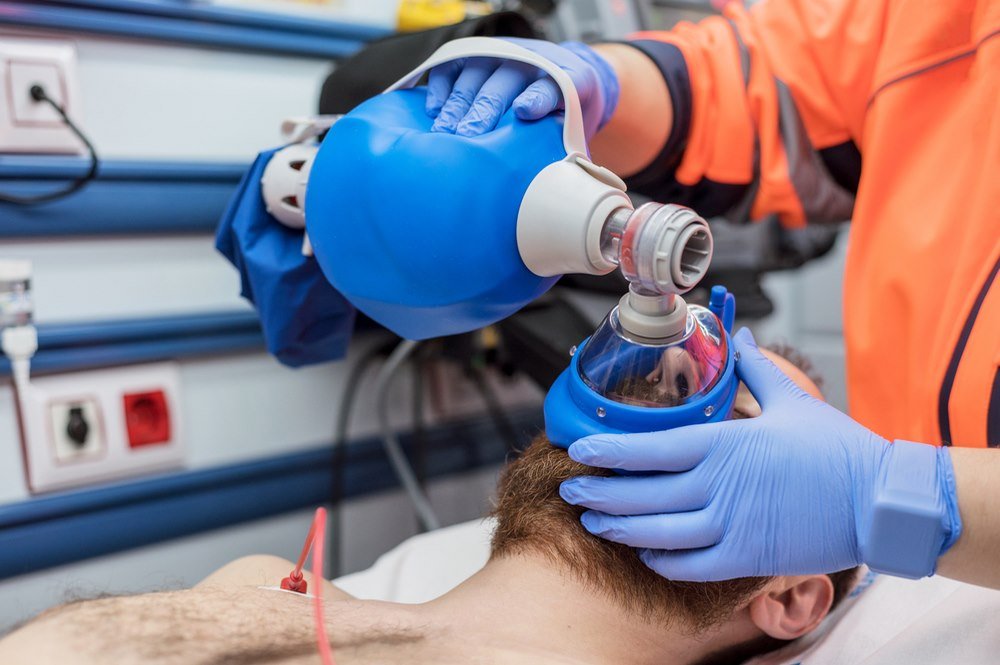Respiratory Insufficiency

Blood carries oxygen throughout the body by transporting it to all the cells and taking carbon dioxide away from these cells. However, in case of emphysema patients, a person is not able to fully breathe in and out. An emphysema patient might have less oxygen content than his blood needs or more carbon dioxide than he should have in his blood. Either of these situations contributes to the development of the symptom of shortness of breath. A high carbon dioxide level can also develop a headache and make you go woozy. An oximeter is a simple device that attaches to your finger and helps in checking your oxygen level. Additional oxygen can help get that level up to where the doctor recommends. Also, if you are using supplemental oxygen, keep the flow of oxygen within the range the doctor suggests. In some cases, an excess of oxygen can result in causing serious respiratory tract problems.
